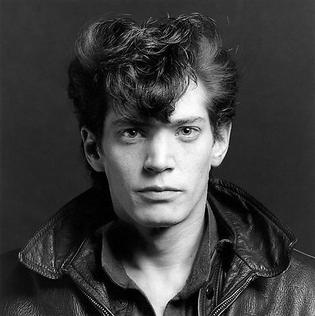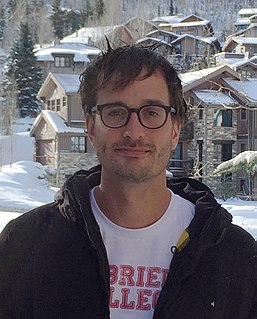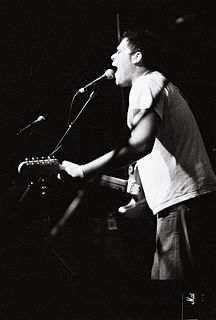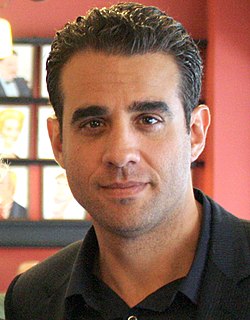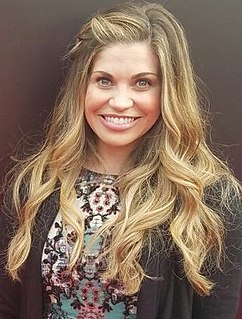A Quote by Robert Mapplethorpe
I became the toast of London. A lot of people I met came from these really decadent families where the married men were gay and no one thought anything about it.
Related Quotes
It's unfortunate we live in a society where "gay" is an insult. To some of these boys, who are from really red states and have families with military history, to be called gay is the worst thing imaginable, and that's used against them. It's really interesting that these are the people drawn into the tickling world. If the people drawn into competitive endurance tickling, even if they were straight, came from liberal, accepting backgrounds, the backlash of calling them gay wouldn't be a problem. But it's a problem because of where these people are from. That's really fascinating to me.
I think these last 10 years have seen just a huge shift in the psyche of this country as regards gay people. I think AIDS had a lot to do with it. So many families who really believed they'd 'never met one' were suddenly confronted with their sons becoming ill, and friends of sons. I think that brought a lot of it into the open.
I think a lot why our lives shows are good is because of the crowd, and because of the energy that they bring. Also, there was a time when a lot of the people that came to our shows were a bunch of drunk bros. At a certain point, we decided we were going to start calling them out. We also decided to become more gay-positive and feminist and all that stuff, and that we were going to be really vocal about it. After that, our crowd became a lot friendlier, and honestly a lot more fun.
I've met people I wished I hadn't met. But Al Pacino was not one of them. For a guy who's old enough to be my father I feel like we're kindred spirits. We have a lot in common. Our families and our history with our families is very similar. Our relationships with our families is very similar. We had a lot more in common than I thought.
I met my first dance partner when I was about 17 or 18 and we were married by the time we were 18 or 19, I don't remember the exact date, and everything was dance, dance, dance. Then there came just a short space of time where I was wondering whether I was missing out on anything. Back then when you danced, everybody married their dance partner.
When I first came up, the whole AIDS epidemic was starting, and the gay community that I experienced from the beginning of my career was mostly - and overwhelmingly - concerned with staying alive. And, also, I felt really aware of the preciousness of life and time. The gay community and people who were HIV-positive were treated so badly, and I was very disturbed by things. But I also saw a lot of love and connection in the gay community at that time.
Those people are seen, I assume, by Larry [Kramer] as writing partly about gay issues and problems, whether it's on the surface or not, and I am not. But another thing is when we met, there still wasn't exactly a gay/straight divide in the minds of a lot of straight people. There weren't any gay people, as far as we knew, at Yale.
I think half the people who get married now have met online. If I think about all the people in my life who married - they met online, online, online. And it makes sense if you think about it, because you fill out this form of 35 things that really define you and - bam - look, you've got two people who match. It works.
When I first came to New York, in the '70s, artists were certainly divided about the Andy Warhol persona, and about the work. I thought it was utterly cool - I thought the Factory was utterly glamorous - but there were a lot of artists I really admired and respected who were older that kind of dismissed it, couldn't get it, and felt that there was a lack of seriousness about it.
